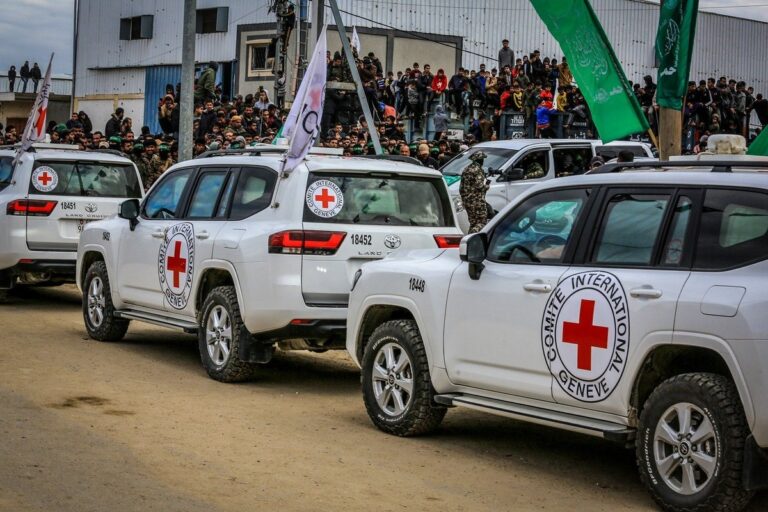Two years after the outbreak of the COVID pandemic, the number of COVID deaths in Israel has risen to over 10,000, with the Health Ministry on Tuesday confirming a total of 10,003 deaths since the pandemic began.
Shockingly, no less than 1,700 Israelis passed away of COVID since the beginning of 2022, during the Omicron wave, Israel’s 5th wave, with 1,033 deaths since the beginning of February.
Meanwhile, despite the high number of fatalities, the number of seriously ill COVID patients continues to drop, falling below 800 on Monday for the first time in a month.
On Tuesday, the Health Ministry stated that 753 patients are currently hospitalized in serious condition, of whom 224 are ventilated.
(YWN Israel Desk – Jerusalem)












4 Responses
Vaccine injuries are up and taking the lives of old and young suddenly. CDC now under scrutiny for not producing accurate information regarding the studies of the vaccines for younger aged people. They will ultimately be held accountable for the lives it cost.
ShomerShabbat, the number of vaccine injuries dont come anywhere near the number of virus fatalities or harm. You dont want a vaccine, thats your decision. Discouraging others, is something you will be held accountable for.
@shomershabbat is falling into the same fallacy as this article points to – blame of ONE cause.
Firstly, compared to a normal winter, there was an increase of 0.45% of normal death. Yes, half a percent.
Normal deaths in winter months are 160 per day, and summer deaths are 110 per day.
1033 deaths in February means 46 deaths per day. What about the other 114? Oh, they “just” died.
Not being transparent and misrepresenting the numbers gives both sides way too much fodder for their agenda.
50 deaths per day is higher than the average monthly rate over the historyof the pandemic. In other words, the widespread perception that “the danger is basically over” has no real basis in fact. If so, we may be no less in a situation of safek pikuach nefesh than we were last year and before.